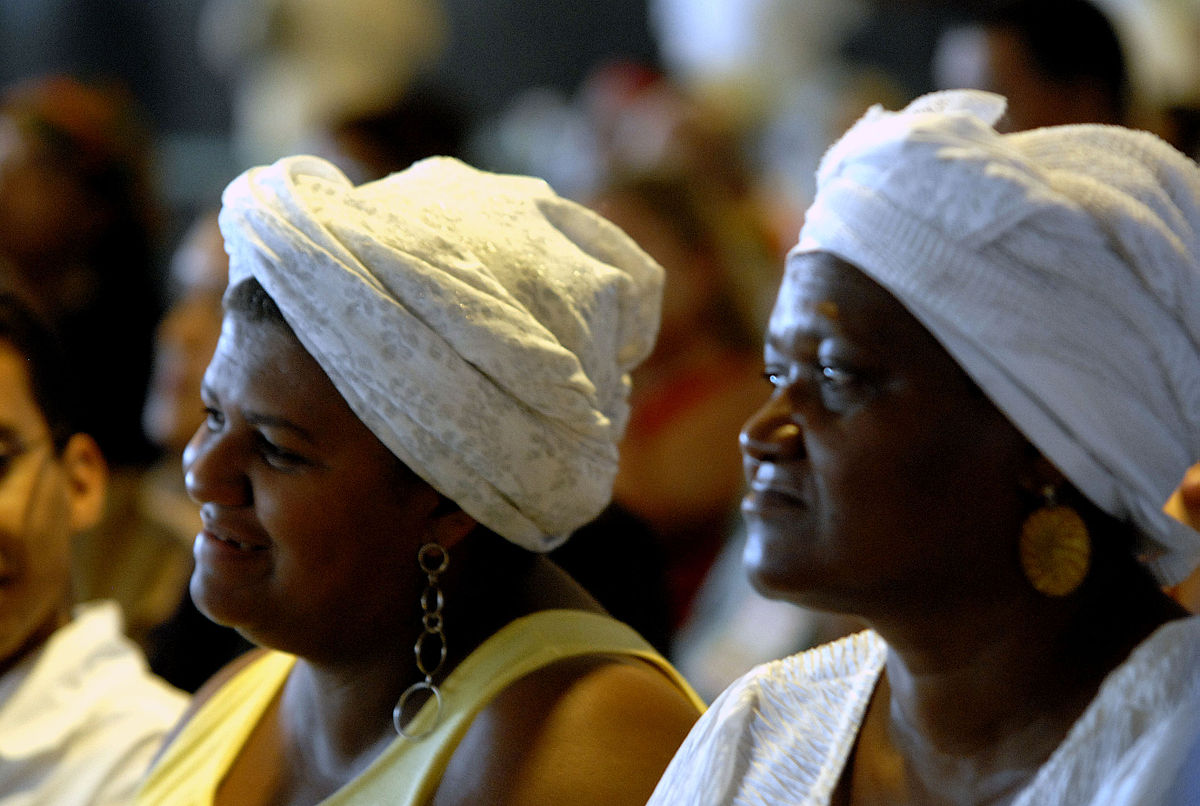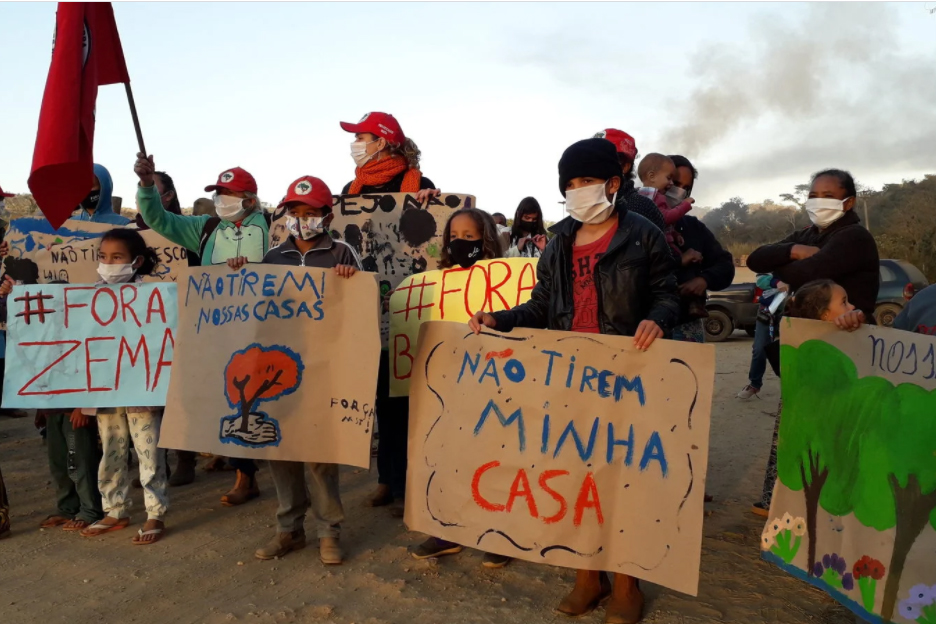The spread of the novel coronavirus in Brazil affected quilombola communities particularly dramatically. Across the country, more than 5,000 cases and 250 deaths were registered in these groups by April 2021, according to data from the Quilombo Without Covid-19 Initiative.
In view of the failings and omissions of the federal government in the protection of quilombola communities, Conaq (National Coordination of Black Rural Quilombola Communities) and five opposition political parties filed an ADPF (Allegation of Violation of a Fundamental Precept) to the Supreme Court demanding emergency measures to guarantee the dignity and rights of these populations, as well as the preservation of their way of life, which is part of Brazil’s cultural heritage and identity.
The case calls for the development of a National Plan to Combat the Effects of the Covid-19 Pandemic in quilombola communities, in addition to the distribution of personal protection and hygiene products, food and water and means of accessing health care and combating racism. It also requests the suspension of all land repossession operations in the country.
Conectas and ISA (Socioenvironmental Institute) were accepted in the case as amicus curiae and, in the memorials signed together with the Associations of Quilombola and African Brazilians of Restinga, the Coordination Office of the Associations of Quilombola Descendants of the State of Pará (Malungu/Pará), the Federation of Quilombola Communities of the State of Minas Gerais (N’Golo) and the organization Terra de Direitos, they claimed that the Brazilian State violated the Constitution and international human rights standards by not protecting the quilombola population specifically during the pandemic.
According to the organizations, the development and application of the emergency plan proposed by the petitioners would be the “only remedy capable of tackling the serious omission by the Government and of mitigating the effects of the pandemic in the quilombola territories”. They also emphasized the importance of prohibiting land repossessions, as the permanency of these populations in their territories would allow greater control of the community space, the formation of health barriers and the reduction of infections.
The rapporteur of the case, Justice Marco Aurélio Mello, accepted the request by the petitioners, but excluded from the judgment the suspension of land repossession operations. However, this exclusion was reviewed by Justice Edson Fachin, who not only ordered an end to the operations but also expanded and detailed the emergency measures to be taken by the federal government.
This interpretation was endorsed by another eight justices and, by the end of the judgment, the full bench of the Supreme Court determined that the federal government should present a plan to tackle Covid-19 in quilombola communities within a period of 30 days. Other measures included by the Court were the establishment of an interdisciplinary and joint working group to debate, approve and monitor the plan, the compulsory notification of Covid-19 cases in quilombola communities and the immediate inclusion of a breakdown by race/color/ethnicity in the health records.
Technical information
- Case: ADPF-742
- Court: Supreme Court
- Status: Judgment completed
- Procedure:
- Case filed: 9/9/20
- Request for admission as amicus curiae: 9/28/20
- Conectas and ISA admitted as amicus curiae: 10/13/20
- Start of judgment: 2/12/21
- Completion of judgment: 2/24/21



